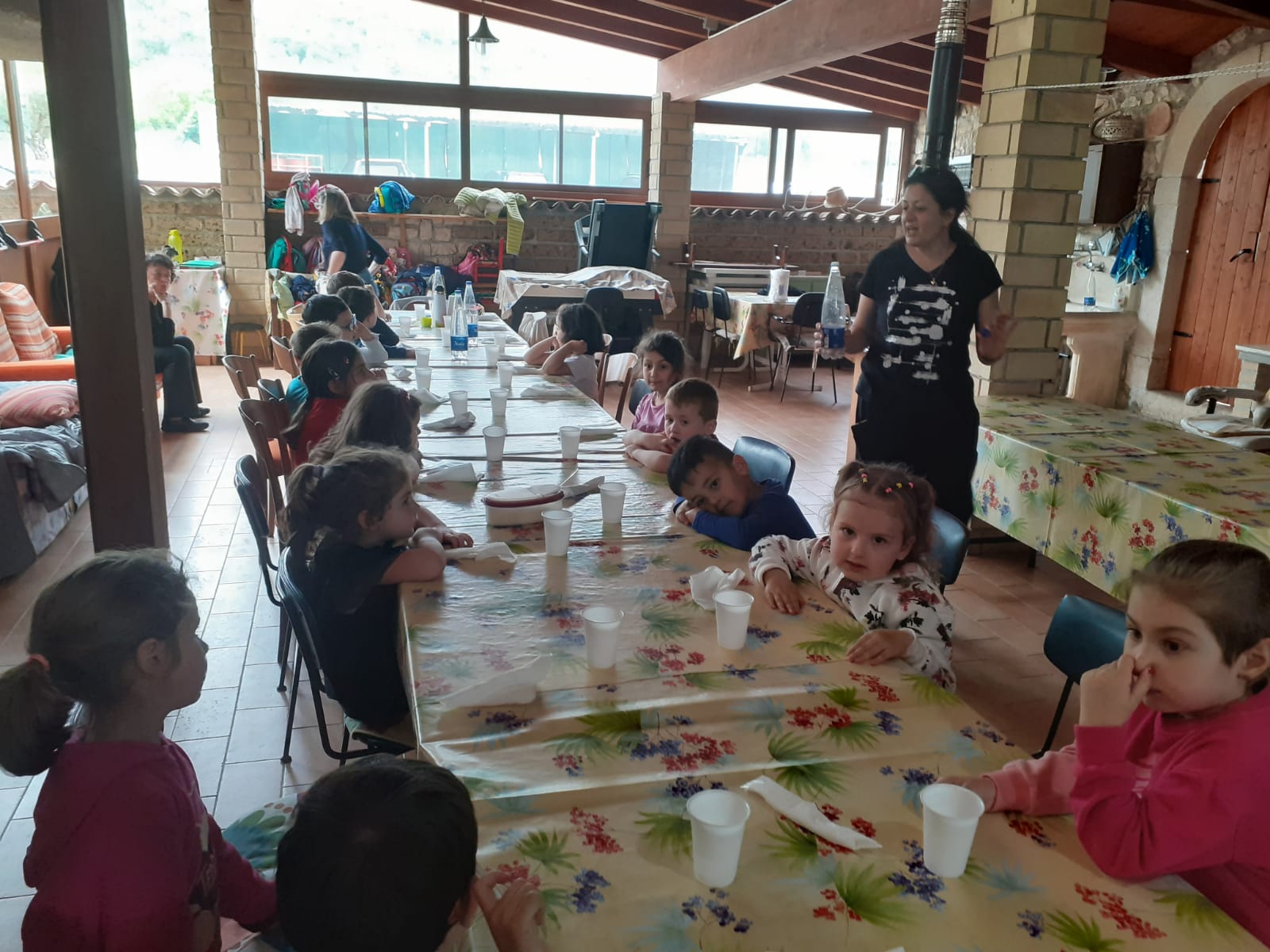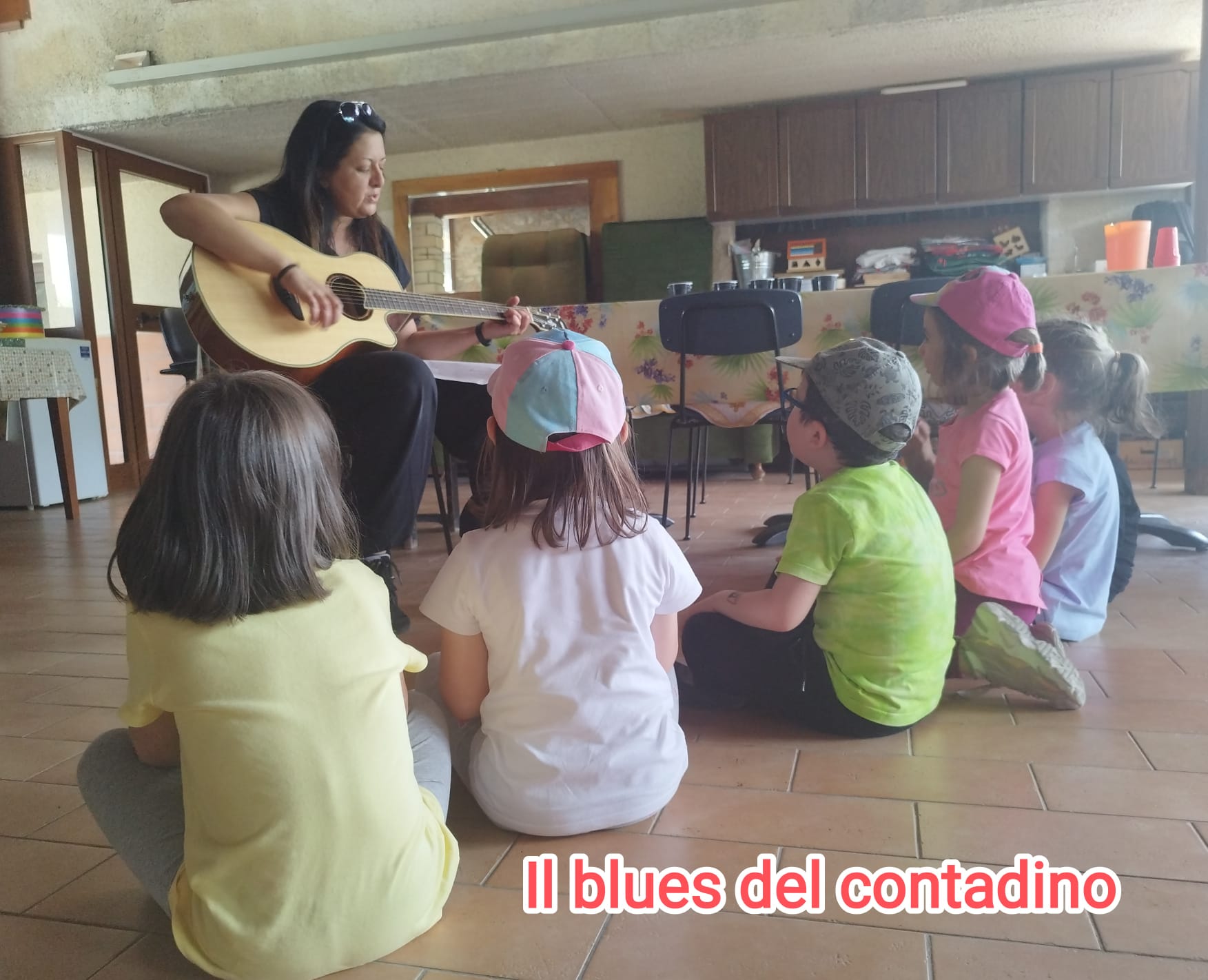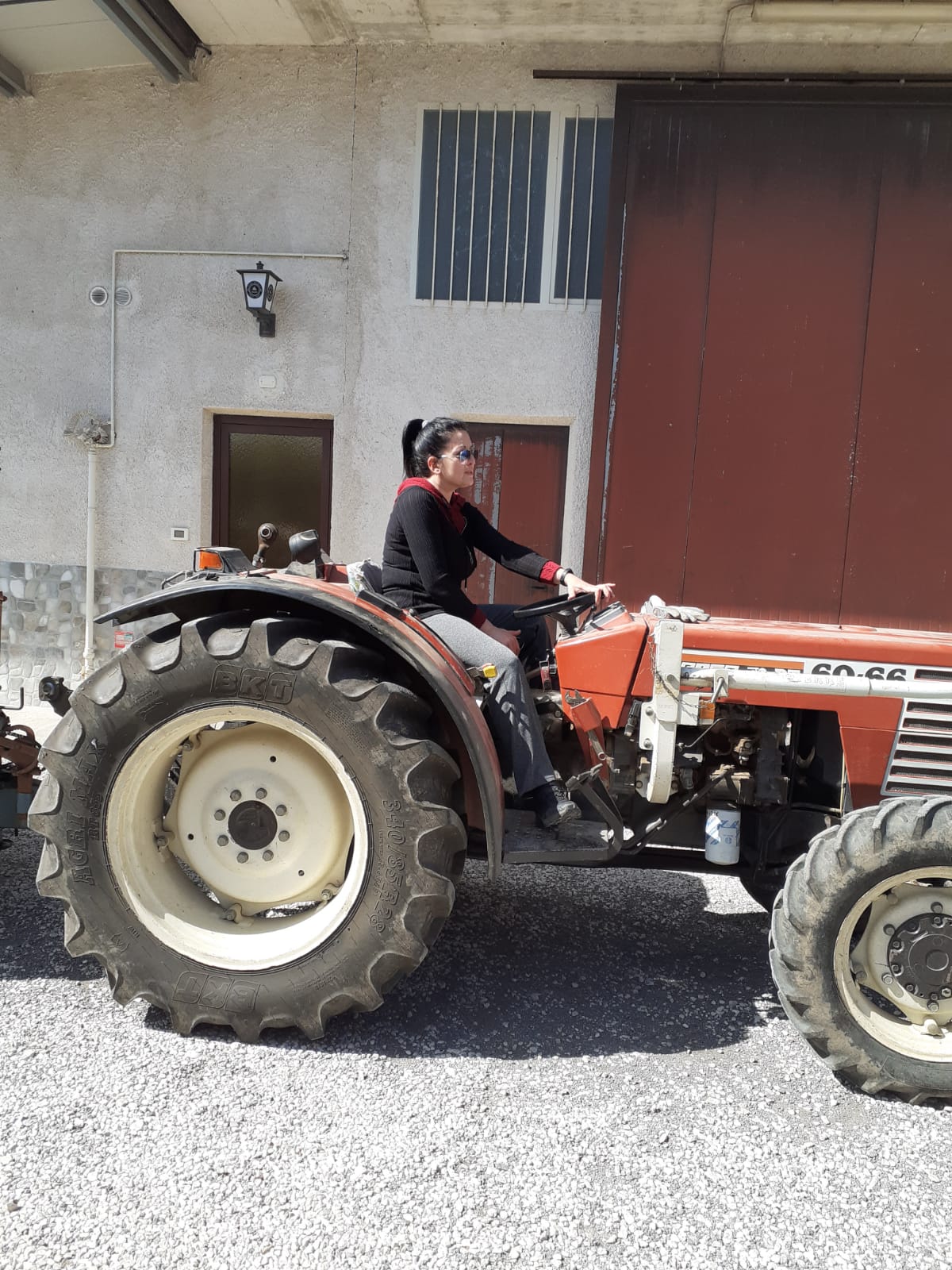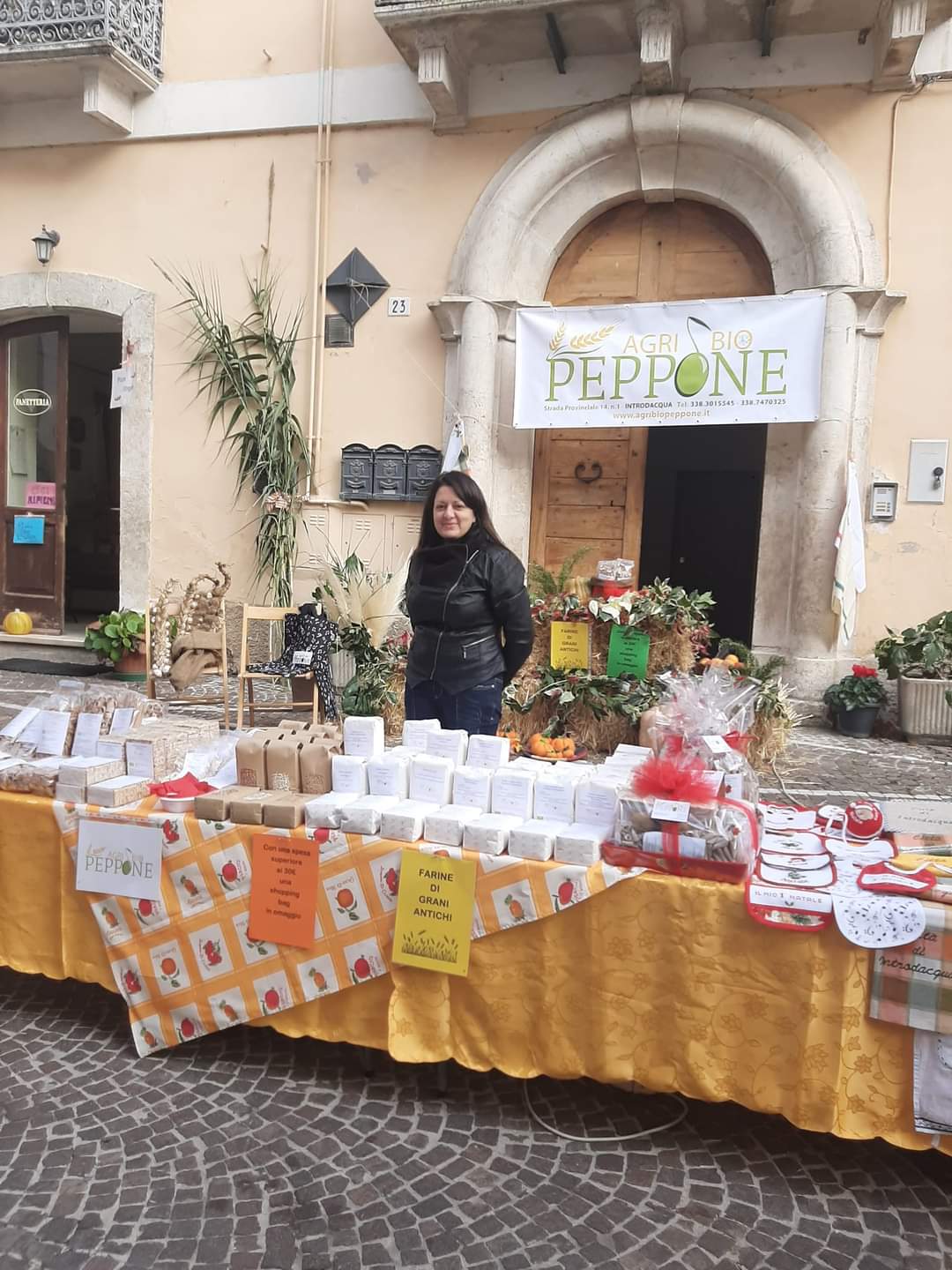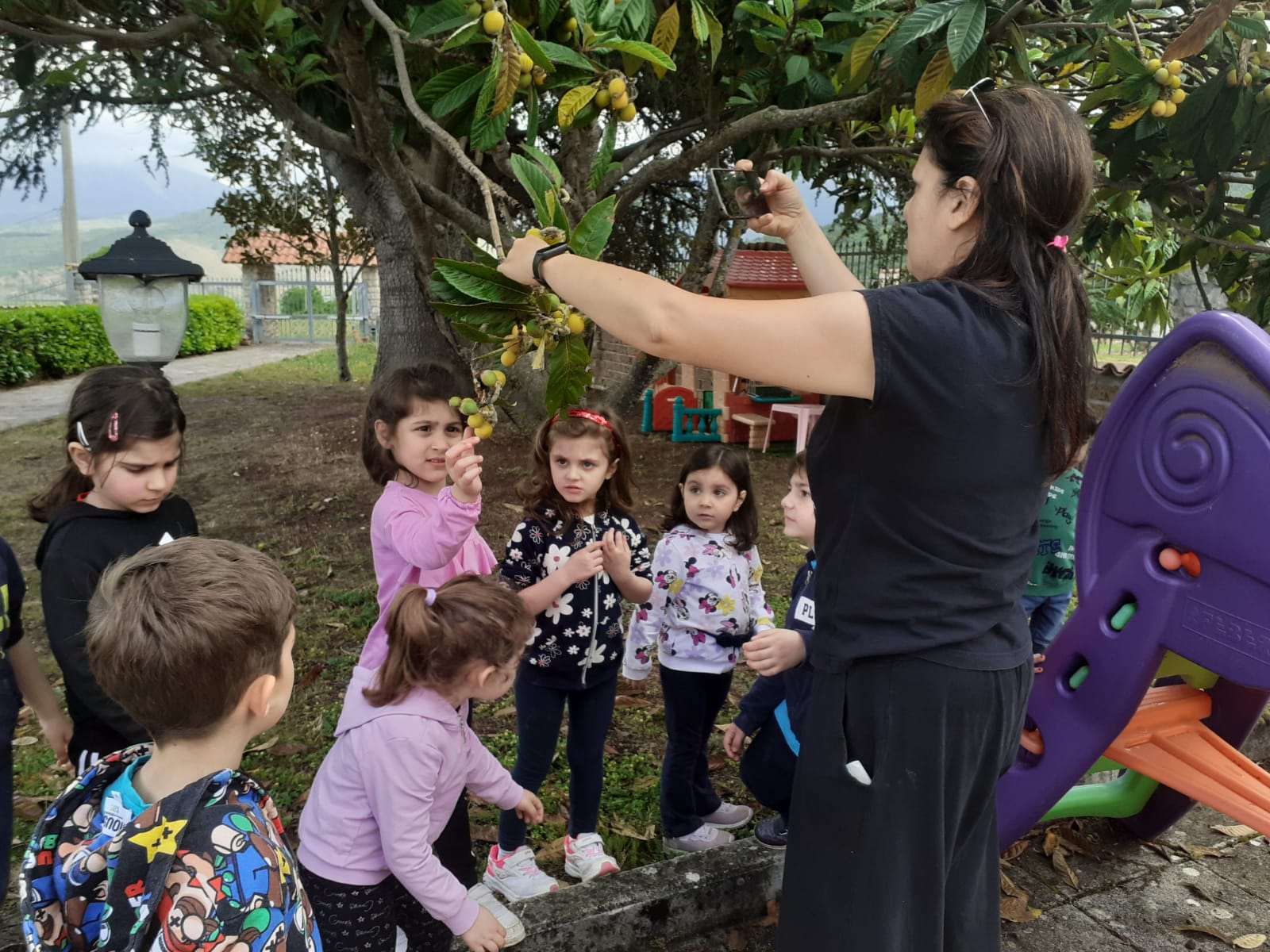
The Project, in line with the European Union' SDG, contributes to the resilience of a developing region and it is focused on innovation, biodiversity protection. Furthermore, the Project contributes to the education of students (also with disability), from Primary schools to national and international Universities, through musical activities, using instruments made from agricultural waste (circular economy).
The planned activities are summarized as follows:
Last but not least, it supports the social connections and interactions of a small local community that finds a support network and service in these activities.
Context
Peppone Farm was born from the dream of Simona and her father Tonino to enhance the family business and with it, to change their jobs and lifestyle. The name Peppone comes from the historic nickname of their great-great-grandfather Giuseppe, a man of moral and physical stature, who in the nineteenth century initiated a dynasty of countryside cultivators, respected throughout the Valle Peligna and its surroundings and known for owning one of the first threshing machines in the area. Since Peppone began cultivating the land, production over the years has never been interrupted; on the contrary, it has been expanded and improved through the reproduction and preservation of ancient crops. The family believed that the best way to honor the legacy of their predecessors was to continue with traditional farming methods. In times of renewed interest in slow food (weath and legumes), organic products, and healthy eating, the De Santis family (Simona and her father Tonino) has immersed themselves in tradition to draw from its foundations for the present and the seeds for the future. It is noteworthy that they have decided not only to produce but also to process within the confines of their own acres: the grains are ground using a mill with a stone grinder, by the same hands that see those grains grow day after day. The product range is therefore aimed at those who do not trade modernity for physical and mental health and who want to rediscover the pleasure of purity and flavors.
Aims &Objectives
Activities
The activities of the Project, as described above in chronological order, foster the expansion and qualitative improvement of the farm through innovative technologies and processing methods. Additionally, the activities increase knowledge of the product and the wheat supply chain, through sustainable food education, starting from early childhood. This aims to combine pedagogical and agricultural skills and to continue the activity with cutting-edge methodologies, always respecting the centuries-old family tradition.
The main target groups of the project are:
Quantitative results include:
Biodiversity and environmental sustainability: studies and practical experiences have shown that crop rotation, involving nutrient-depleting crops (like durum wheat Senatore Cappelli, soft wheat Solina, spelt, rye, barley), soil-improving crops (such as fava beans, native chickpeas, legume fodder, mixed fodder, Medicago sativa), and renewal crops (sunflower, corn), can improve yields (about 10%) compared to continuous monoculture farming. This improvement results from better soil health, reduced pest and disease pressure, and more efficient nutrient use. Weather stations help identify optimal times for soil and crop interventions, irrigation, and disease control.
Economic benefits: in family-run agricultural businesses from selling homemade pasta, spelled cakes, and chips (produced in a partner company) include higher profit margins, added value, direct sales, and income diversification, leading to a 10% income increase.
Social benefits: include strengthening community ties by engaging with local consumers, participating in local markets, and supporting community events. Family-run farms can become social hubs and create employment opportunities for local residents, boosting the local economy and reducing unemployment (in the next future, it is supposed to hire 2 people).
Qualitative benefits include:
Biodiversity and environmental sustainability: by preserving the purity of certified seeds and recycling materials (using instruments made from agricultural waste for didactic activities), with reduction of environmental impact; crop rotation offers numerous agricultural, ecological, and economic benefits.
Economic benefit: the quality of the final product is not always and not 100% linked to economic revenues, which might be influenced by natural and many other events; indeed, Agri Bio Peppone promotes a quality lifestyle, thus improving the work-life balance and managing to reinvest the revenues and the EBITDA into the farm itself, improving the tech quality and the social services for the local community.
Social benefits: expansion and refinement of specific cultural and social services, stemming from thorough research and skills acquired through ongoing national and international training.
In summary, the effects of the investments made within the project framework are: the increase in company profitability, and the improvement in the quality and quantity of the company's production.
Lessons & Recommendations
Considering the overall impact and achievements of this project, the three things to be most proud of are:
